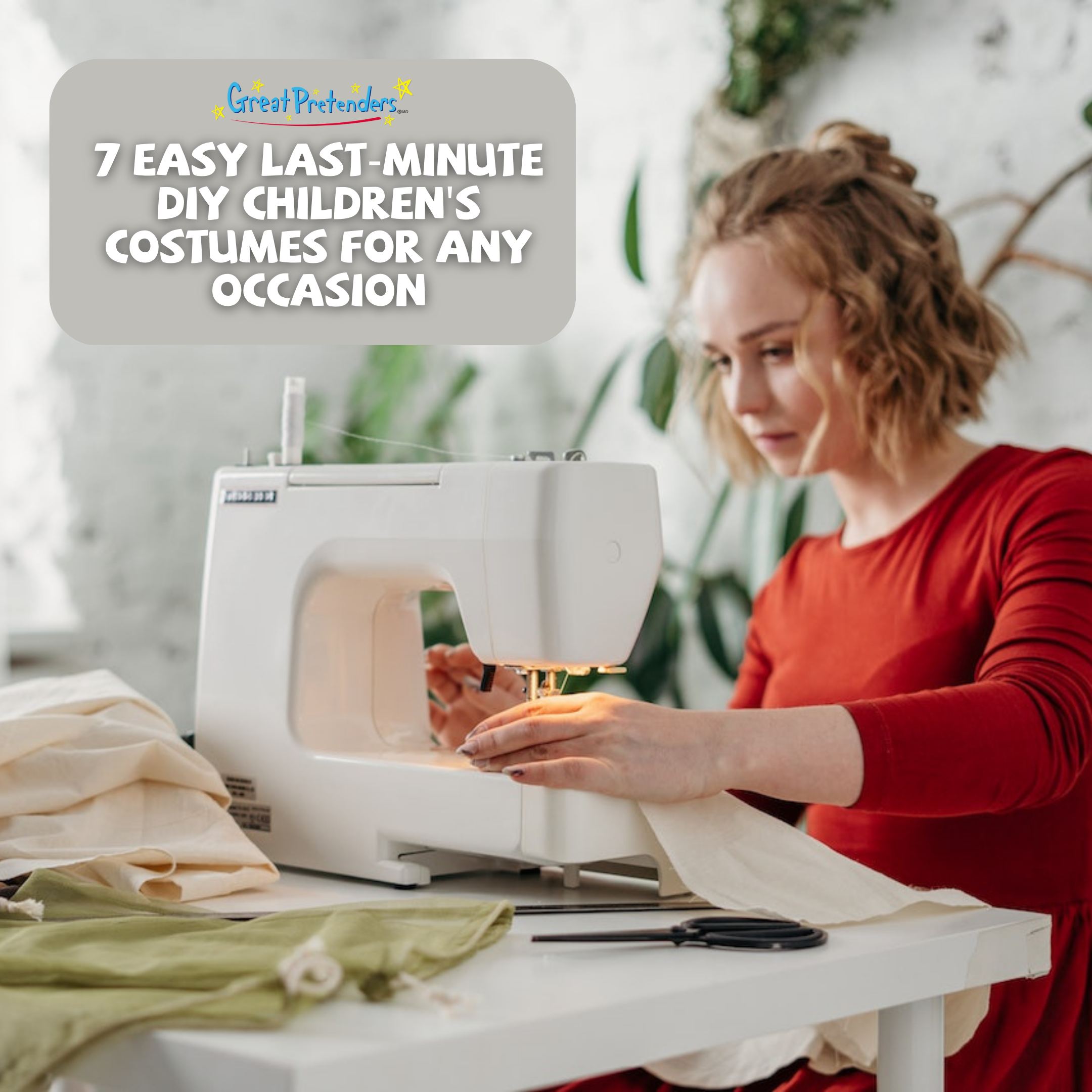Children learn by observing, imagining, & doing, and they love to have fun while at it! It is a real pleasure to see if you pay attention to them; how a rock can turn into a car or a cardboard box into a castle. Over time, your child will get better and better at using objects to represent something else and making motions and actions with those objects.
That said, pretend play is a lot more complex than what you may be seeing as you watch your child play. It is a process that is tremendously beneficial to your child, allowing her to build skills and develop in many areas of their life.
This guide is going to break down all the various benefits of pretend play for your child. Hopefully, by the end of it, you will learn why it is important to encourage your little one to get involved in the world of make-believe and enjoy some pretend play every day.
What is pretend play?
Pretend play is a form of play that children engage in that encourages self-expression, creative thinking, and conflict resolution. Pretend play encourages children to use their imagination as they play. Pretend play can also be referred to as imaginative play or dramatic play.
Because of its nature, pretend play is more than just about having fun. Studies have shown that kids who regularly engage in it from an early age get a boost in learning and development. They have better-developed critical life and learning skills including creative thinking, problem-solving, and conflict resolution. It also has many emotional and social benefits.
Here is a look at some of the benefits your child will get from engaging in pretend play:
-
Helps in the development of self-expression skills
Through pretend play, your child will get to act out different scenarios. As they do, they get to express themselves and make new rules and entirely new worlds as they play. Plus, acting out different scenarios allows them to recreate interactions or play out entirely new ones and figure out how best to respond to them. This boosts a child's self-expression skills.
-
Introduces kids to creative thinking
Pretend play is also a great way to help develop your child’s creative thinking. When they play with others, they will be able to flex their imagination skills and inspire new scenarios as they play. And because pretend play is open-ended, kids are forced to think creatively and come up with storylines and endings, which further boosts their creativity even more.
-
Helps improve communication skills and self-regulation
Communication and self-regulation are natural parts of pretend play, especially when your child does it with others. As they pretend to be a teacher, astronaut, farmer, or chef, they will gradually learn that communication is key to keeping the magic going. And when they get frustrated with their friends or with themselves, they learn the importance of regulating their emotional reactions.
-
It helps develop problem-solving skills
Problem-solving is a major part of pretend play because many scenarios rely on it. For example, when your child needs a prop or costume to bring a scene to life, they have to quickly figure out what would fit the role well on the fly. A knight needs a sword and a stick looks like one. A princess needs a crown and she can quickly make one out of paper. Problem-solving helps you have an endless imagination!
-
It is important for social and emotional development
Through pretend play, your child will learn how to play well with others. They will learn how to share and take turns while working together on scenes. This will also teach her the best ways to interact with others. In the process, they will discover the value of compassion and empathy. Additionally, certain scenarios reinforce specific values. For example, doctors are kind and firefighters are brave and courageous. This all comes together, allowing your child to make leaps and bounds in their social and emotional development.
-
It helps her become more independent
Pretend play also fosters independence. As your child plays, they will use their imagination, taking risks and making decisions as they goes. This will help your child develop confidence, independence, and autonomy.
You can help them achieve this level of independence even faster by incorporating elements of pretend play into their everyday tasks. For example, if you want cleaning with your child more fun and exciting pretending everyone is competing in the World Cleaning Championship cup!
-
It enhances physical development in kids
Aside from the many cognitive benefits of pretend play, it is also important to remember that most pretend play scenarios are very physical. This makes it a great way for kids to be active, develop their motor skills, and enjoy some exercise as they play. Games like playing airplanes and cops and robbers will have your little one running around, improving their gross motor skills. On the other hand, playing dress up, playing shop, or playing in the sandpit will help your child exercise their fine motor skills and hand-eye coordination. This is why it is so important to let children get physical and break a sweat as they play pretend.
-
It improves language skills
If you listen to your child while they play pretend, you may be surprised to hear words and phrases that you never thought they knew! You may also hear your own words that you say to your child often reflected back as they plays. They may perfectly imitate you or their teacher, and as they does, they begin to understand the power of using language to convey ideas. This lays the foundation that will later help your child make the connection between spoken and written language, which will be important when they star learning how to read.
When should your child start engaging in pretend play?
Babies can start engaging in pretend play from a very early age. Studies have shown that pretend play can start yielding benefits in babies as young as 2 months. It continues to be beneficial until children are at least 12 years old, or just before their teenage years.
You can jumpstart your child’s journey into the world of imaginative play by incorporating it into their daily activities. You can also help unlock your child's imagination by incorporating books that encourage pretend play and imagination.
Pretend play can be tremendously beneficial to your child AND it's incredibly fun for your little one to engage in! When your child unlocks their imagination as they play, there is no limit to what they can do - the fun will never end even as they grow into adults!














